It’s Everybody’s Ocean
Have you thought about where the water bottle you buy for lunch be in a few years? Good chances, it might flow to a tiny Japanese island called, Ikema, if your country does not have a good recycling program.
“It’s Everybody’s Ocean” talks about all the trash found in and around this old and beautiful island of Japan. The book was created by Atsuko Quirk, a Japanese born American mother and filmmaker who I discovered on Kickstarter in 2013.
“It’s Everybody’s Ocean” documents the story of a tiny and beautiful island with 750 residents in Japan and how has it been trashed by marine debris from all over the world. Coral reefs were destroyed; its beaches have plastic bottles everywhere . The film shows how the only residents , on the island, senior citizens and very young children make their best efforts to clean up their homeland.
I contacted and chatted with Atsuko right away after I saw the film, because I thought “It’s Everybody’s Ocean” is a simple and easily understandable film that all surfers/ ocean lovers/(in short) everybody should watch.
SMM: Can you tell us who you are? (Family, career, where were you born, educated, work and now reside? )
A: My name is Atsuko Quirk. I am from Japan. I had always wanted to live in NYC when I was working in a production company at Japan. One day, I was fed up with the environment I was (sic) in Japan; quitted (sic) my job and moved to New York City. I have been living in NYC for 20+ years now. I am married with beautiful children, and doing what I love: documentary films and working with children.
SMM: I met you through your latest film project on Kickstarter, “It’s Everyone’s Ocean.” Not only was the Kickstarter project well-received, the film has just been announced as the winner of the “Best International Documentary” award at World Film Festival Award in Jakarta, Indonesia. Congratulations! Can you tell us a little about the film and what made you want to make this documentary?
A: The concept of the film started up one day when my boy in elementary school forgot his lunch box. I delivered the lunch to his school during the lunchtime. During their lunch, I sat at their cafeteria and saw this nasty room with trash everywhere; Kds’ leftovers, garbage everywhere. The worst part was, kids would not say “thank you” when I helped them to clean up their mess.
I was furious about the dirty environment and the kids’ behavior, so I spoke to the principle. Funny enough, the principle apologized to me and said the school does not have the budget for more janitors/people to clean the cafeteria. I was confused and told the principle that the kids should be the one who keep the environment clean! In Japan, lunchtime is not just a time to eat. It is a time for everyone to appreciate a mid-day meal. We don’t watch TV when we eat, because food is vital for us. So we respect food and the process of eating food. We believe in enjoying every bit of our meal slowly with appreciation. Not only that, we respect our environment. If I created any trash, it is my responsibility to clean it. We call this respect and loving, “soul.”
After I explained to the principle about my belief with her understanding, we decided to give these kids some educational training. Because I believe kids are teach-able. It is our responsibility to teach them how to have a “soul,” which respects and loves everything in life. Through proper education and showing kids the right way, they will respect the environment and each other.
What I find out (sic) about these American kids is that they were never taught to have respect for others. How can they have respect for the environment or greater goods?
Our new generation is not taught to respect others. In Japanese, having “soul” allows us to respect one another and our environment. Appreciate who we are and everyone else is comes from our “soul.”
So I started to volunteer on lunch hours at the cafeteria. I will film children’s behavior and assign kids to help to clean. All it took was to educate children how to respect their environment and enjoy their meal!
In 2010, at the 2nd year into helping my kids’ school, I wanted to show Americans how Japanese children were taught to respect their environment via a documentary film, as I am a film maker. I partnered up with New York City School board and filmed a local Japanese school to show how children were taught to appreciate the environment. Out of my surprised (sic), everyone loved it. The NYC School board appreciated my effort and understood my message! And I realized the power of documentary film.
One day, I saw a news article from a newspaper talking about this small island in Japan buying an incinerator. It is Ikema island with a population of 750 people. That news intrigued me because how can an island of 750 need a large incinerator?
I started to contact some of the officials on the island and realized they get trash from all over the world, via the ocean. Because of its geographic situation, tons of trash washes up on to its beaches.
There are mostly senior citizens on this island, so it is difficult to get enough of man power. However, through its small elementary school children’s effort, the island is slowly cleaning these trash (sic) even while more trash washes on shore everyday.
The dedication these Ikema residents have made me realize I needed to help them out and make everyone understand the importance of “soul” through a film on this Japanese island.

SMM: I thought your film’s perspective is so smartly chosen — it is told mainly from the children’s’ perspectives. How and why did you choose that perspective?
A: Other specialized film makers can make films about environmental issues with scientific and specific details. As for me, I am not a specialist in science or the environment. But I care about our children, that’s why I focus on “soul.” How we as humans have the love for our environment and each other. In “It’s Everybody’s Ocean,” it’s about our love for the ocean and beaches; in my other documentary with the NYC School Board, it’s about the love we have for our food. I want to show how we can all respect and appreciate each other and the environment through our “soul.” Through our “soul” we will understand what we should and should not do.
That’s why I did a simple and easily understandable film for everyone to comprehend. I am going to teach the audience through the kids’ perspective; if these kids are doing it, why can’t other kids or even adults respect each other and our environment?
SMM: I have followed your other documentaries. Many of your films are environmental related. Is there a reason for that? I am a fan of human-interests topics as well. Can you tell us about how your passion for things (the environment, human-interests…etc) informed your career?
I am interested in human-interests in general. My next documentary will be back to “meals.” In Japan, “lunch period” is another class period. It is a period that we learn how to appreciate food and mid-day rest. In America, kids are getting “fed,” instead of learning the meaning of the meal.
Respecting food, the environment and, again, our “soul” is the message I want to convey. It’s not about what we eat, it’s about our love for our time, environment and tradition. A simple lunchtime is the root of our everyday life and beliefs, and children are the hope of our future. We need to educate everyone about “soul” when they are young: it’s about love and appreciation of life from a young age. That’s why I want to focus on filming the basics of our lives from the children’s perspective.
SMM: Do you have any advice to tell surfers/ water-sports lover on life, happiness and passion?
A: I don’t surf, but I appreciate that surfers have “soul,” which I believe is essential to life. Surfers constantly have to talk to the ocean, nature and oneself in order to become part of nature. A true surfer respects and loves the environment. That’s why I respect surfers.
My recommendation for surfers and everyone else: to have happiness and achieve something in life , you have to be true to yourself. You have to find that happiness in life and follow through. The career I had before I moved to NYC didn’t make me happy or feel loved. So I was constantly looking for my “wholeness.” Happiness is a feeling of “wholeness,” what gives you that “wholeness” feeling? If you are true to yourself and start talking about what you love, you will easily find like-minded people. Don’t complain, just talk about what makes you happy!
One soul will attract another soul. Just be happy and love, more love will come to you!




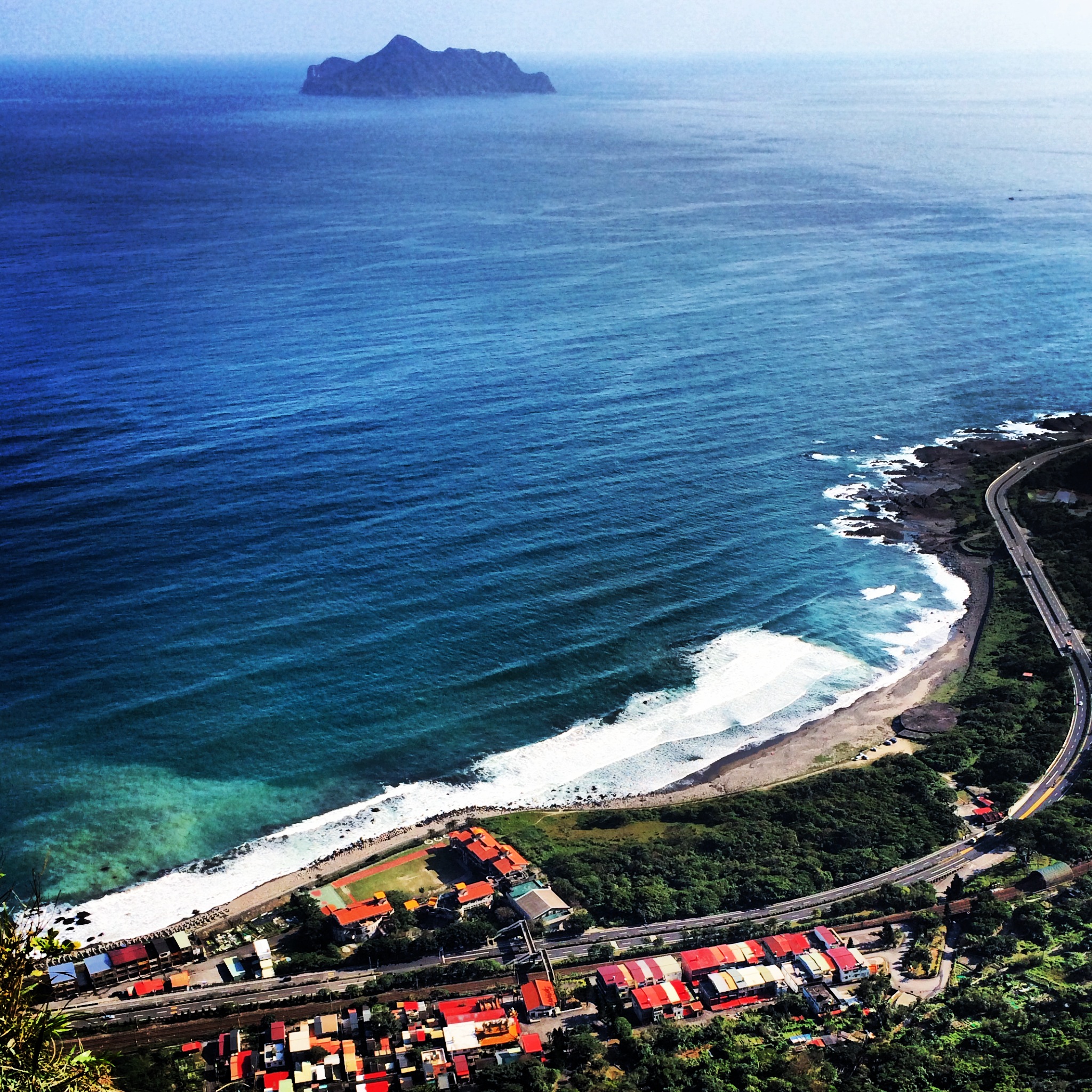





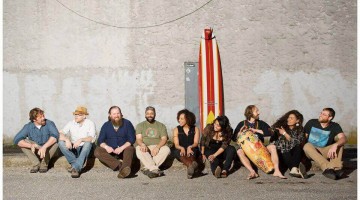
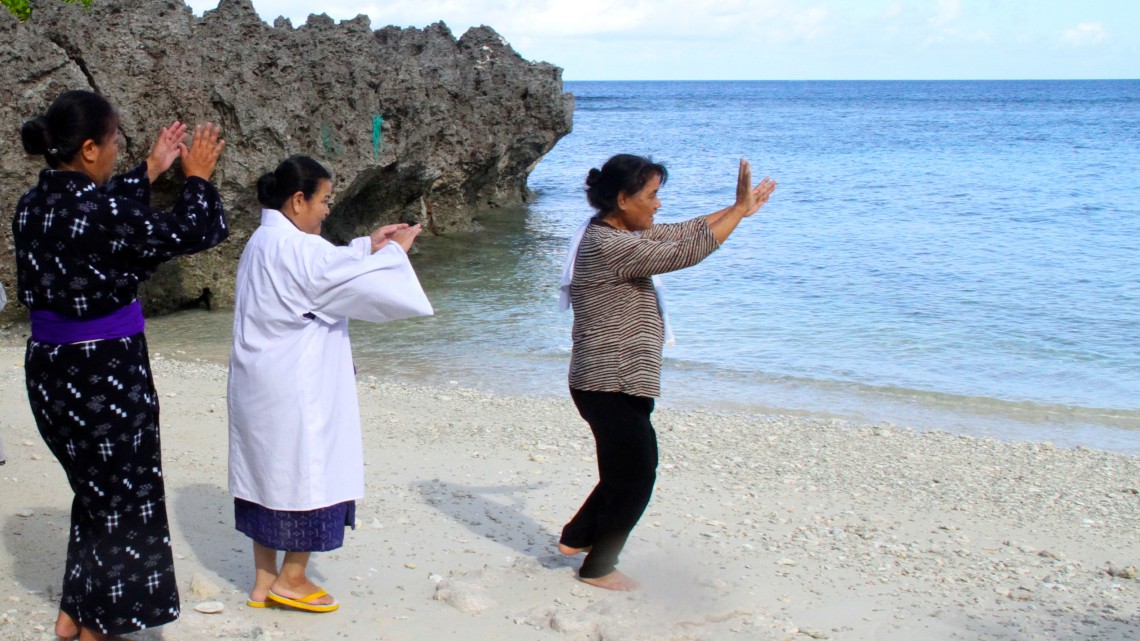



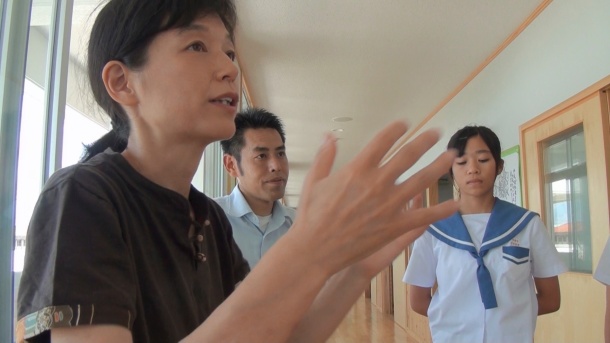

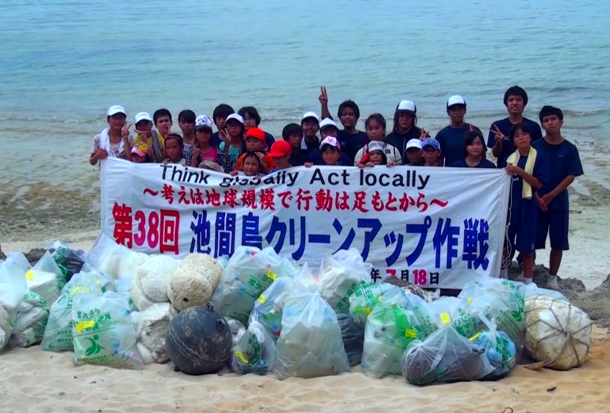
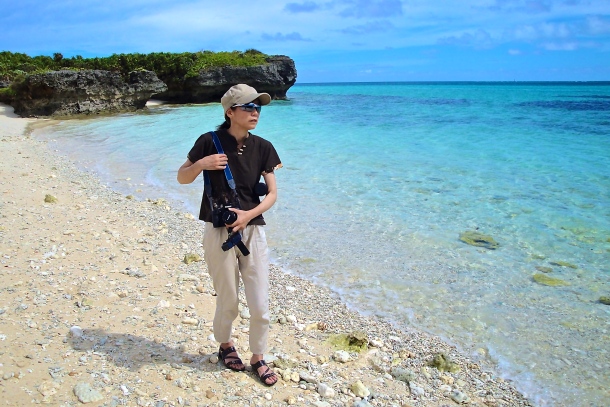




No Comment